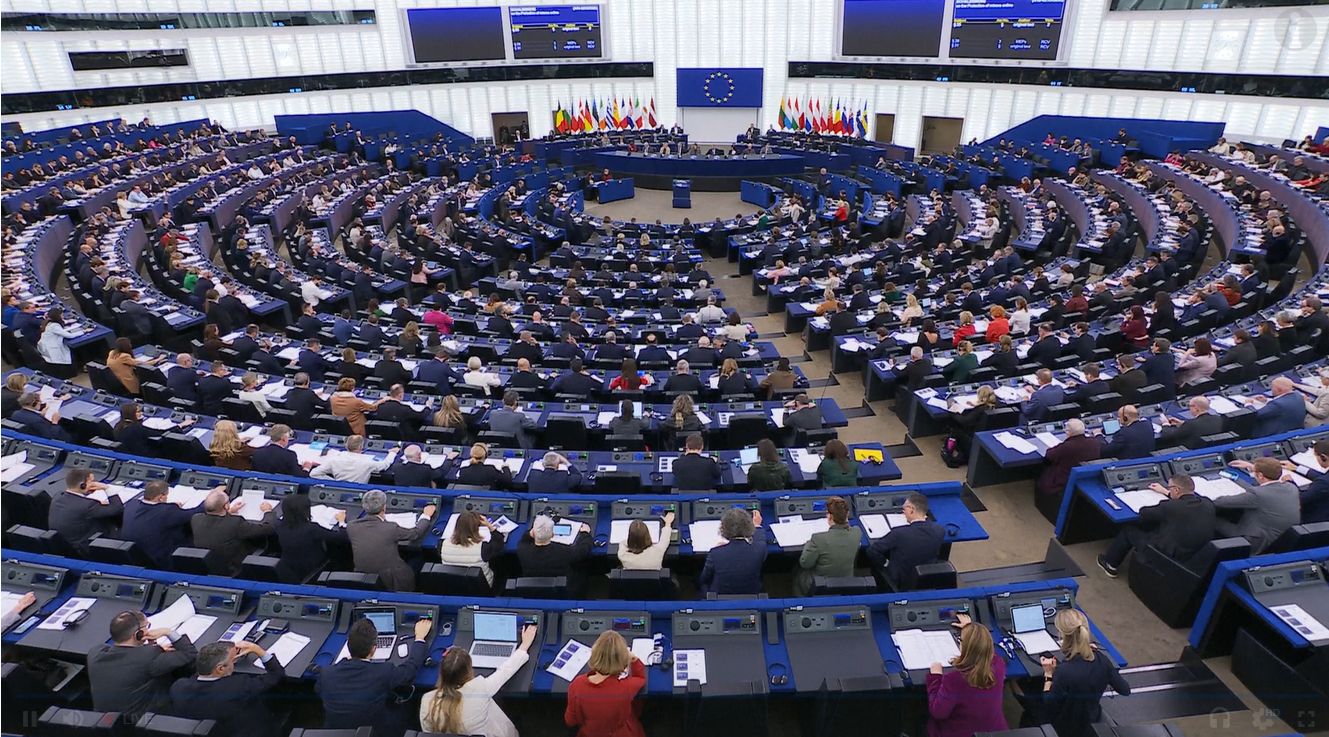
Without waiting for the final ruling of the EU Court of Justice, the EU Commission has seemingly started preparation for further fisheries in the waters offshore occupied Western Sahara.
Photo: A fisherman in El Aaiun, occupied Western Sahara. @ElliLorz
The EU institutions have over the last 8 years not shown a particular enthusiasm to abide by their own EU Court system in relation to rulings on Western Sahara. That approach is seemingly continuing.
Mid December 2022, Western Sahara Resource Watch (WSRW) received an invitation from Poseidon Aquatic Resource Management - a fisheries consultancy firm - to take part in a consultation “on the technical, economic and scientific aspects” related to the activities implemented under the 2019-2023 EU-Morocco Fisheries Agreement.
Poseidon had been commissioned by the European Commission's Directorate-General for Maritime Affairs and Fisheries (DG MARE) to undertake the consultation on the currently operational protocol, “as well as a prospective evaluation of a possible future protocol”, the firm wrote to WSRW.
Read Poseidon's invitation to WSRW here.
Today, WSRW has responded that it will not take part in this consultation exercise. “We do not see the value of discussing the technical, economic and scientific aspects of an agreement that is found to be illegal in its application in Western Sahara”, the organisation replied, referring to the ruling by the General Court of the EU Court of Justice of September 2021, invalidating the application of both the EU-Morocco Trade Agreement and Fisheries Agreement to occupied Western Sahara.
The Court argued that the people of the territory - over which Morocco has no sovereignty or administering mandate - had not given their consent through their UN recognised representation, the Polisario Front. The EU Commission appealed the ruling in December 2021. The agreement has been maintained in force for the time of the appeal process, which is expected to be completed in the second half of 2023.
Of particular concern to WSRW, is that the EU Commission is already contemplating a future protocol. Without awaiting the outcome of the appeal process, the EU Commission has already tasked Poseidon with an ex-ante evaluation - an initial assessment to identify alternatives to the current protocol that will yield the greatest benefits from the intended investment.
“It is particularly worrisome because it is the agreement that defines the scope of application of such a protocol. In other words, the future protocol will have the same geographic scope of application as the current one: including the waters of occupied Western Sahara, over which Morocco has no sovereignty or jurisdiction (see case C-266/16) according to international law and the law of the sea”, WSRW wrote to Poseidon.
WSRW has also asked Poseidon to clarify several aspects to its assignment, including how it assesses the reputational risk of undertaking a study of fisheries in Western Sahara without the consent of the people of Western Sahara, and of thereby legitimising something that undermines the UN peace process in the territory, the rulings of the CJEU and the rights of the Saharawi people.
Read WSRW's full response to Poseidon here.
The absolute majority of fisheries activities under the EU-Morocco Fisheries Agreement take place not in Morocco, but in occupied Western Sahara. As part of the financial compensation to Morocco for access to the fish stocks of Morocco and Western Sahara, the EU is funding the development of the Moroccan fishing sector. Most of that sectoral support has been used to build fisheries infrastructure on occupied land, with the EU’s approval.
The EU Court of Justice has already nullified the application of the EU-Morocco Fisheries Agreement in Western Sahara in 2018. The EU Council and Commission ignored the Court's rulings and opened negotiations with Morocco to amend the fisheries agreement so that it would explicitly include Western Sahara in the defined area of application. The people of Western Sahara were not included in the entire process, and their objections to having their land included in the agreements were disregarded. The application of the amended fisheries agreement in Western Sahara was again nullified by the General Court of the EU Court of Justice in September 2021. The appeal process against this ruling, initiated by the EU Commission and Council, will be completed later this year.
Since you're here....
WSRW’s work is being read and used more than ever. We work totally independently and to a large extent voluntarily. Our work takes time, dedication and diligence. But we do it because we believe it matters – and we hope you do too. We look for more monthly donors to support our work. If you'd like to contribute to our work – 3€, 5€, 8€ monthly… what you can spare – the future of WSRW would be much more secure. You can set up a monthly donation to WSRW quickly here.
EU Court reaffirms position on Western Sahara
Polisario has a case, but it should be pursued when the time is right, Court implies.
EU Court protects Western Sahara from EU-Morocco trade deal
The highest Court of the European Union this morning found that EU's trade agreement with Morocco cannot be implemented in Western Sahara.
Buying stolen goods is stealing: the Musical
See this great footage of the first ever flashmob musical against the plundering of Western Sahara, in Mercadona-supermarkets across Spain. Mercadona sells canned fish originating from occupied Western Sahara, under their store brand ‘Hacendado’.
These are the MEPs who voted for ignoring the CJEU
187 Parliamentarians voted to ignore the ruling of the CJEU, the interests of EU farmers, the rights of the EU consumers and the aspirations of the Saharawi people. Here they are.


